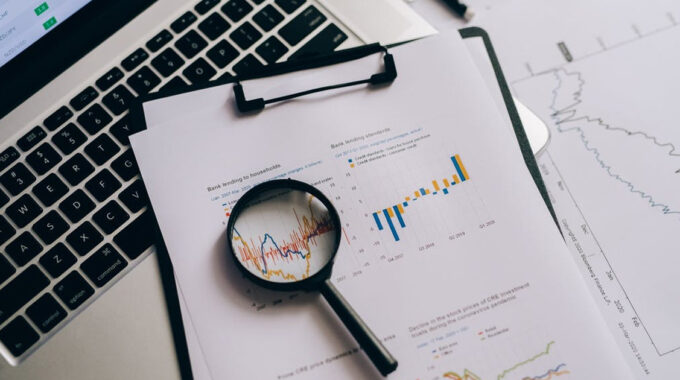
How Economists May Have a Greater Political Impact
Politics is the idea and practice of influencing people via the exercise of power, whereas economics is focused on understanding and influencing the economy. When it comes to focusing on economics, there are no evident opportunities that the market, society, or other sources of collective knowledge have simply neglected. However, the economic policy itself is riddled with flaws. Are the policies in place now producing positive results, or do they need to be changed? Even if they require a change, what elements should and should not have an influence on the change? The crucial thing to remember is that economic policy does not affect simply one community; it affects the entire population. Hence, economists must participate in political objectives as well as comprehend public demand and need in order to create policies that benefit everyone. As a result, this essay in the Chicago Booth Review focuses on how economists may have a greater political impact.
The article establishes from the start that most economic plans have no evident prospects remaining in the market. A “clash of civilizations” plagues a spate of erroneous encounters between economics and politicians, resulting in numerous squandered opportunities for both parties. The article suggests that economists can do a few things to improve their chances of influencing policy such that economists may have a greater political impact. The lamppost hypothesis of economic policy proposes that politicians utilize economics in the same manner that a drunk uses a lamppost: for support rather than illumination, the article mentions. As a result, in order to create policies that benefit the people, it is critical to understand what economists get wrong and what they might and should do better. According to the article, as is frequently the case when cultures meet, politicians and economics find each other peculiar. There are significant disparities between the two groups, not just in their aims and motivations, but also in fundamental aspects such as how they think and communicate. A few examples addressed in the article are logic, language, calculation, intelligence, interests, and many more. According to the article, global economic policy is supported by four critical sectors: content, politics, messaging, and process. The article claims that economists suffer in politics for at least three reasons. The first is that in the political sphere, fairness is far more essential than efficiency. Second, while pure solutions do not survive the political meat grinder, some unprincipled compromises succeed, leaving us with policies that may or may not make sense. Finally, actual people spend the majority of their lives in transitions, whereas economists are almost entirely concerned with equilibrium states. Economists are used to and comfortable with complexity, but simplicity is much simpler to sell in political rhetoric. According to the article, there are a few critical variables that need to be focused on so that economists may have a greater political impact. This subject is addressed in the essay by concentrating on two primary areas: ideas and interests. In the domain of ideas, comparative advantage is one of the few major economic propositions that defy logic. The fact that economists are struggling to promote better trade policy demonstrates a larger point: there are still significant prospects for better economic policymaking. To make these potential a reality, economists must first comprehend some of the practices and characteristics of that competing culture, and politicians, and be ready to leave the one circus ring in which many of us feel most at ease.
There is a lot of work to be done to ensure that necessary changes are made so that things may improve for the people. One such arena that requires attention is economics, which is impacted by issues such as politics and civilian demands. Only when economists may have a greater political impact can solid economic policies prevail, which is significantly needed.
Learn deeper and more effective leadership insights with the Chicago Booth Accelerated Development Program (Chicago Booth ADP) offered by the University of Chicago Booth School of Business.


















